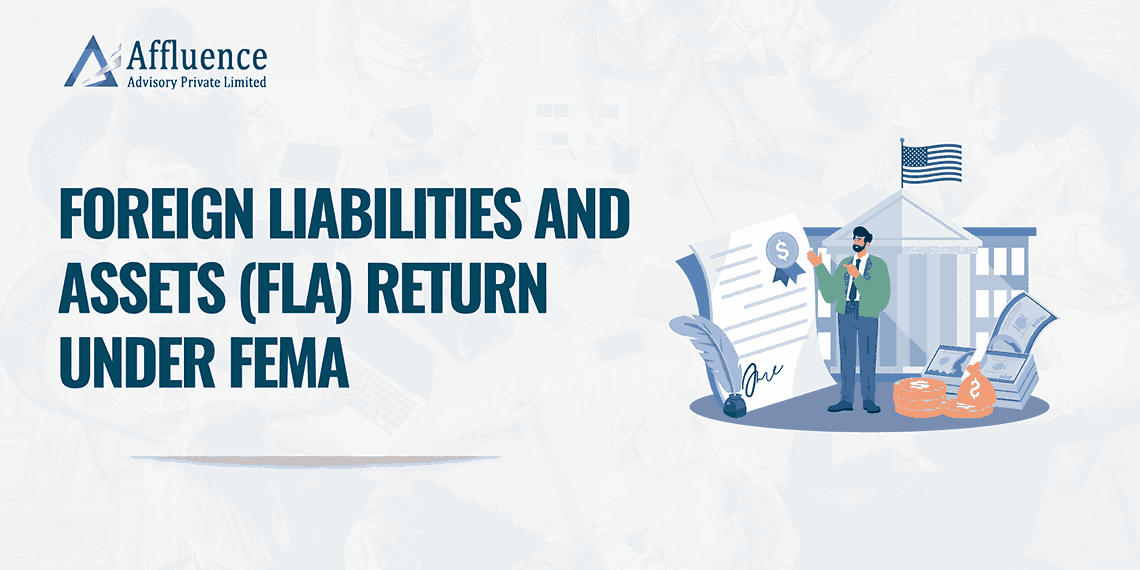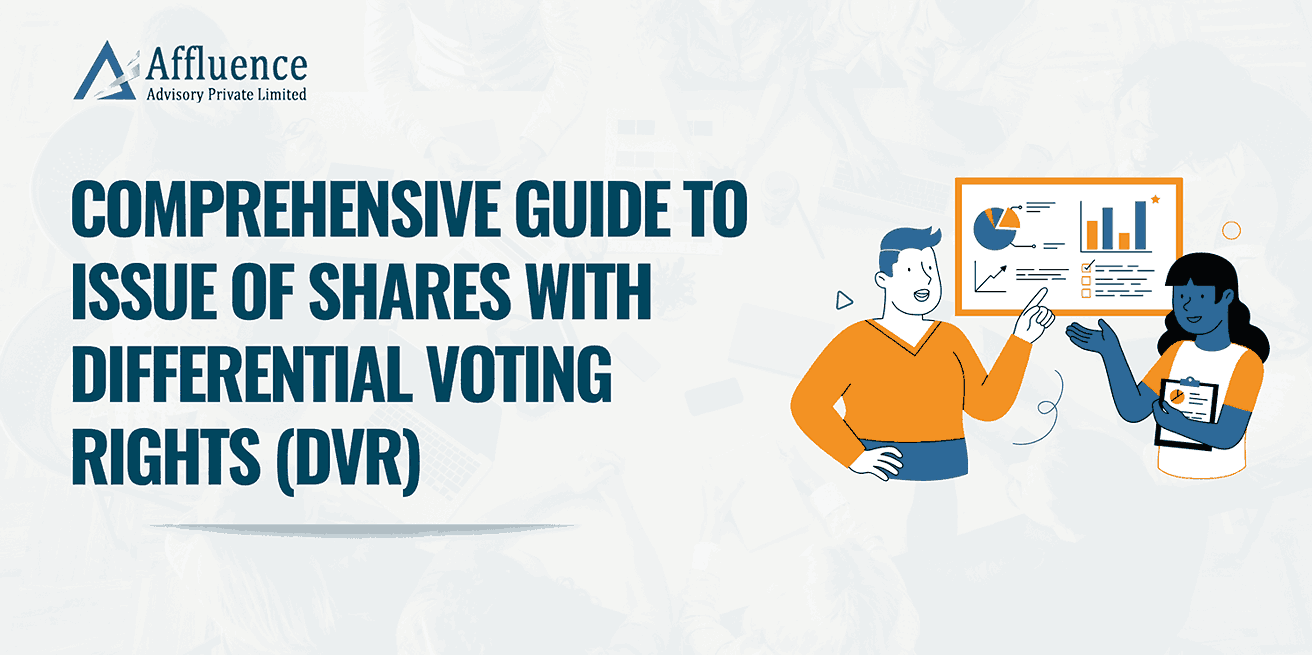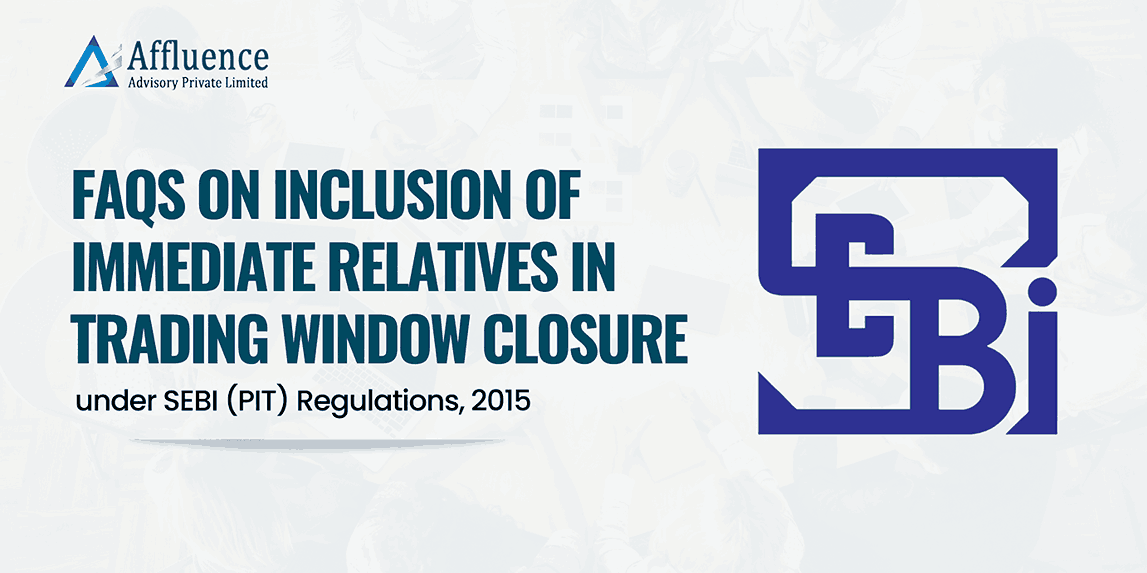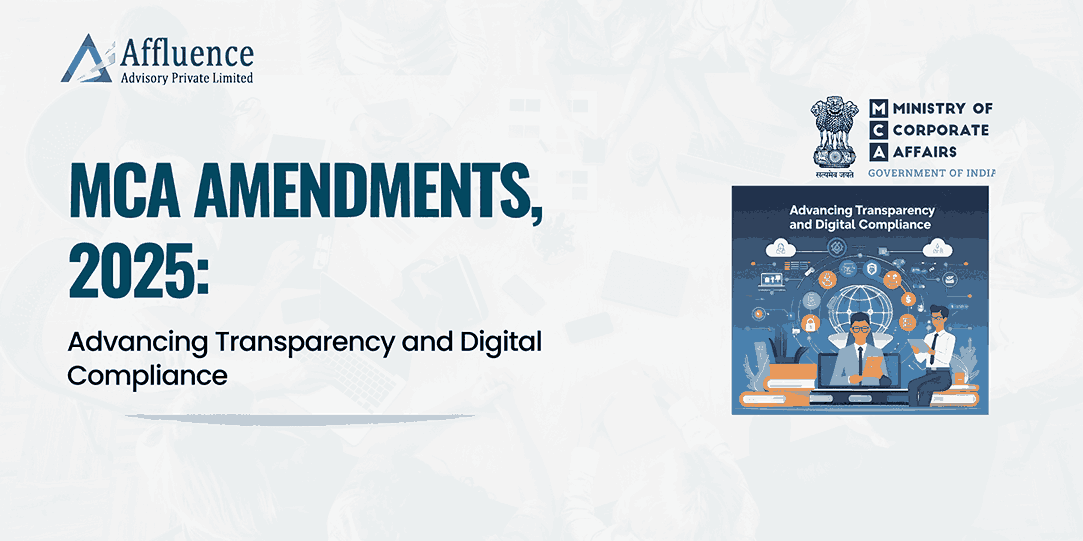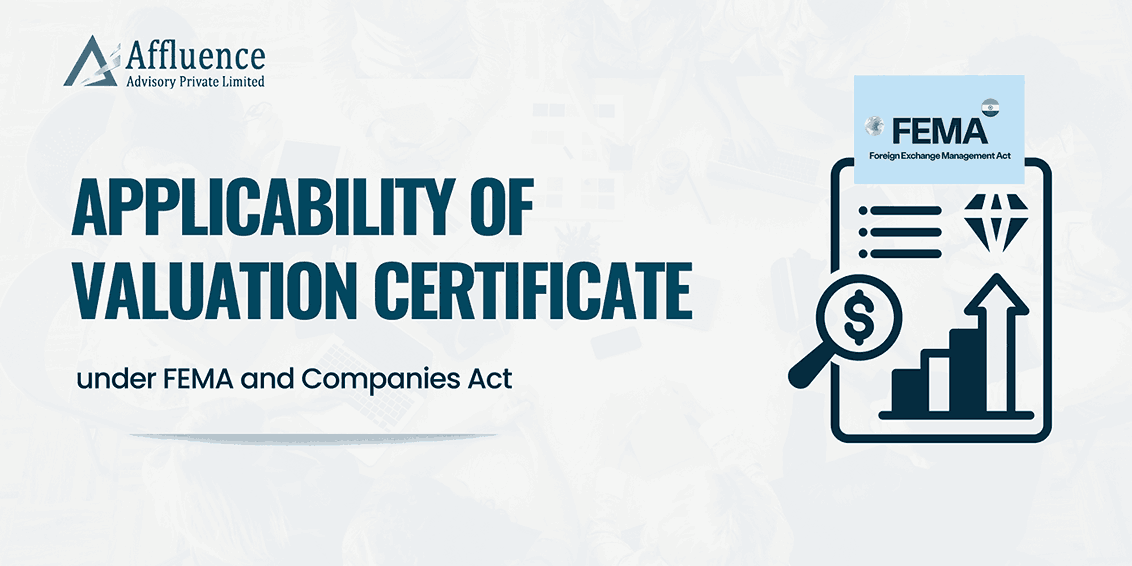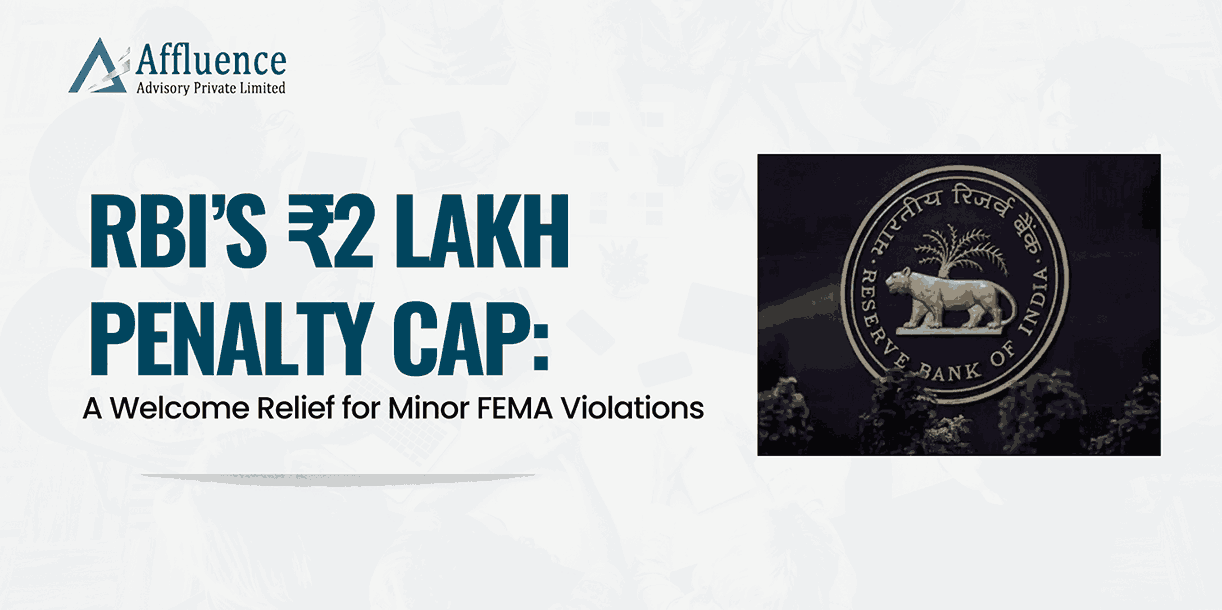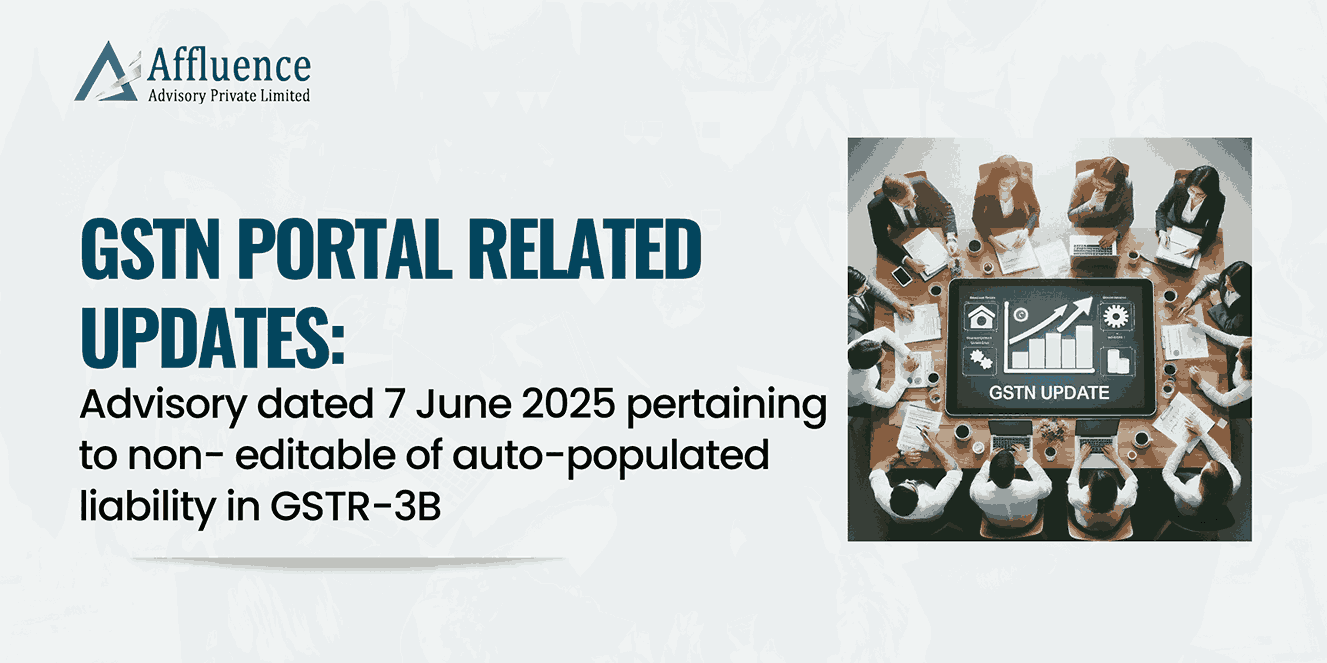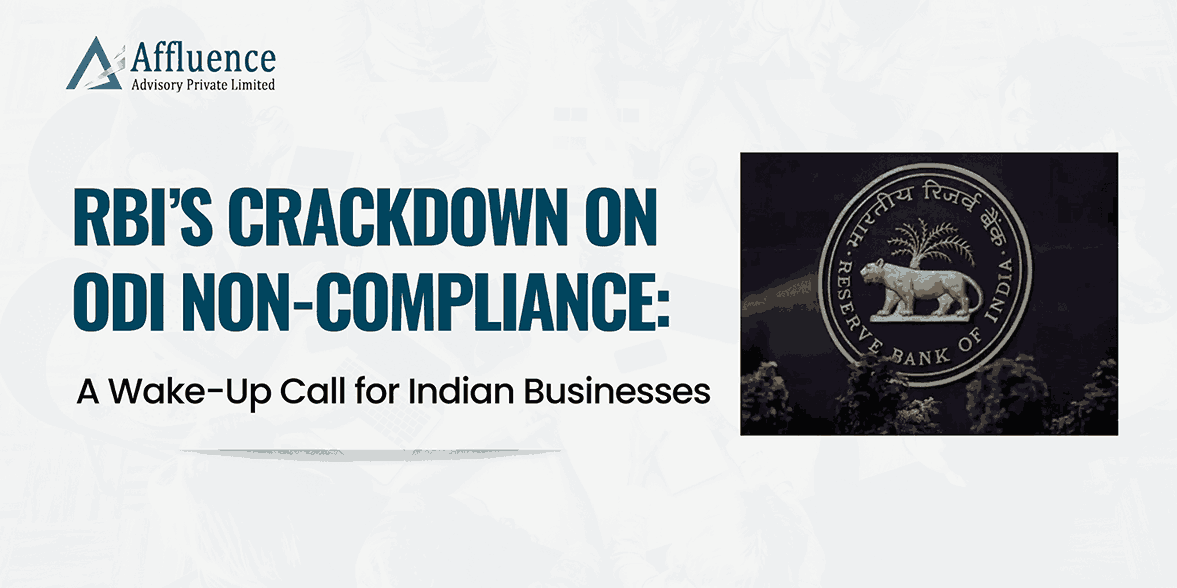A share certificate is a document that indicates the ownership of the company shares by its shareholder/beholder which acts as prima facie evidence of the title of the individual holding the shares. When the beholder of the share certificate loses or misplaces the original document, both the company and the shareholder have distinct responsibilities to facilitate a smooth resolution for the loss of the share certificate.
As a shareholder, it is crucial to promptly inform the company about the loss and provide all relevant details.
On the other hand, the company is responsible for diligently verifying the claim, conducting necessary investigations, and issuing duplicate share certificates to safeguard the shareholder’s rightful ownership.
OBLIGATION ON THE PART OF THE SHAREHOLDER:
Section 46 of Companies Act 2013 read with Rule 6 of Companies [Share Capital & Debenture] Rules 2014 outlines that duplicate share certificate may be issued by the company if such certificate –
- If proved to be lost or destroyed by the shareholder
- Damaged, mutilated, or torn and surrendered to the Company.
The shareholder(s) shall on an immediate basis convey to the Company either by post or courier on the Company’s registered/Corporate address or through electronic means as may be feasible informing the loss/destruction of the share certificate.
The Shareholder is required to file F.I.R with Police with comprehensive details such as:
- Name of Shareholder(s)
- Folio Number
- Share Certificate Number
In addition to the F.I.R copy,
- Letter of allotment except in case of Bonus share and Indemnity Bond confirming ownership of Shares mandatorily to be furnished to the Company.
Note: – If a letter of allotment is lost or destroyed then the Company acting through its Board of Directors may impose reasonable terms and conditions, for seeking supporting evidence as it deems fit.
OBLIGATION ON THE PART OF THE COMPANY:
On receipt of intimation from the shareholder(s), the Company shall begin the procedure for issue of duplicate share certificates for shares:
In accordance with Section 46 of the Companies Act 2013 read with Rule 6 of Companies [Share Capital & Debenture] Rules 2014, the Company requires to procure Board’s approval by passing Board Resolution to issue a duplicate share certificate in lieu of a share certificate lost.
The Company should consider the following factors when approving the issuance of a duplicate share certificate.
- The Company shall not issue share certificates in lieu of defaced, damaged, torn, aged, or deteriorated certificates, nor for those where has the reverse side for recording transfers been fully utilized unless the original certificate is surrendered to the company.
- The Company may, after approving the issuance of duplicate share certificate, charge such fee as it deems fit, up to a maximum of fifty rupees per certificate.
- The Company shall maintain a register for the duplicate share certificate issued and shall write on the face of the certificate issue or register maintained in Format of SH-2 indicating the following:
- Name(s) of the person(s) receiving it,
- Corresponding number and;
- Date of issue of the original share certificate that is being replaced.
- Additionally, all necessary changes shall be duly indicated in the Register of Members.
- Where a certificate is issued it shall bear a prominent statement on its face and must be recorded in the dedicated Register maintained for this purpose, clearly indicating the nature of issuance: “duplicate issued in lieu of share certificate No…..” and the word “duplicate” shall be stamped or printed prominently on the face of the share certificate
TIME LIMIT FOR ISSUANCE OF DUPLICATE SHARE CERTIFICATE:
- Unlisted Companies: within 3 Months
- Listed Companies: within 45 days.
From the date of submission of complete documents to the company, respectively.
Disclaimer: This article provides general information existing at the time of preparation and we take no responsibility to update it with the subsequent changes in the law. The article is intended as a news update and Affluence Advisory neither assumes nor accepts any responsibility for any loss arising to any person acting or refraining from acting as a result of any material contained in this article. It is recommended that professional advice be taken based on specific facts and circumstances. This article does not substitute the need to refer to the original pronouncement
CLICK HERE TO DOWNLOAD PDF


